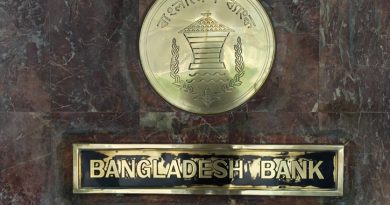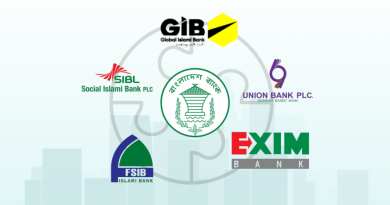Financial Adviser Dr. Salehuddin Ahmed has stated that reforms in the financial sector are often hindered by numerous obstacles. Contrary to popular belief, these reforms are not solely guided by proposals from the World Bank or IMF; the government has taken its own initiatives as well. “If a proposal is good, regardless of its source, why shouldn’t we adopt it?” he remarked.
He made these comments while addressing the Audit and Accounting Summit held at Hotel Sonargaon on Wednesday (9 July) as the chief guest. FRC Chairman Dr. Sajjad Hossain Bhuiyan presented the keynote paper at the event.
Dr. Salehuddin emphasized that ensuring transparency and accountability requires robust auditing and accounting practices. However, he noted that the integrity and honesty of those involved in these activities must come first. “Many institutions submit reports, but most of them lack quality,” he said.
Regarding the National Board of Revenue (NBR), he underscored the importance of auditing. “According to NBR, 70 out of every 100 taxpayers report zero tax—that’s hard to believe,” he said. He called for scrutinizing the data from these taxpayers, noting possible inconsistencies even in the reported 1.8 million returns. He urged auditors to carry out their duties with deeper insight.
He also stressed that attracting foreign investment depends on strengthening audit and accounting standards.
Bangladesh Bank Governor Ahsan H Mansur said discrepancies are common in the audit reports of many banks. Risk-based supervision will become fully effective from 1 January 2026. To gain trust from both domestic and international investors, audit reports must be transparent and accurate. Bangladesh Bank will work jointly to ensure this.
He noted that when attempts were made to audit four state-owned entities regarding outstanding dues, those institutions failed to cooperate. He called for punitive action against entities that fail to follow accounting standards.
Anti-Corruption Commission Chairman Abdul Momen advised auditors to uphold integrity. “If I judge auditors based on their audit reports, there would be very few transparent ones,” he said. He referenced widespread irregularities at IFIC Bank, alleging that Salman F Rahman manipulated audit reports to inflate a paper company’s financial profile and secure funding.
He further stated that during the previous administration, Bangladesh Bank failed to respond to a series of financial irregularities in the banking sector. While some top audit firms were identified for concealing audit findings—an act worthy of recognition—no visible action was taken against them.






